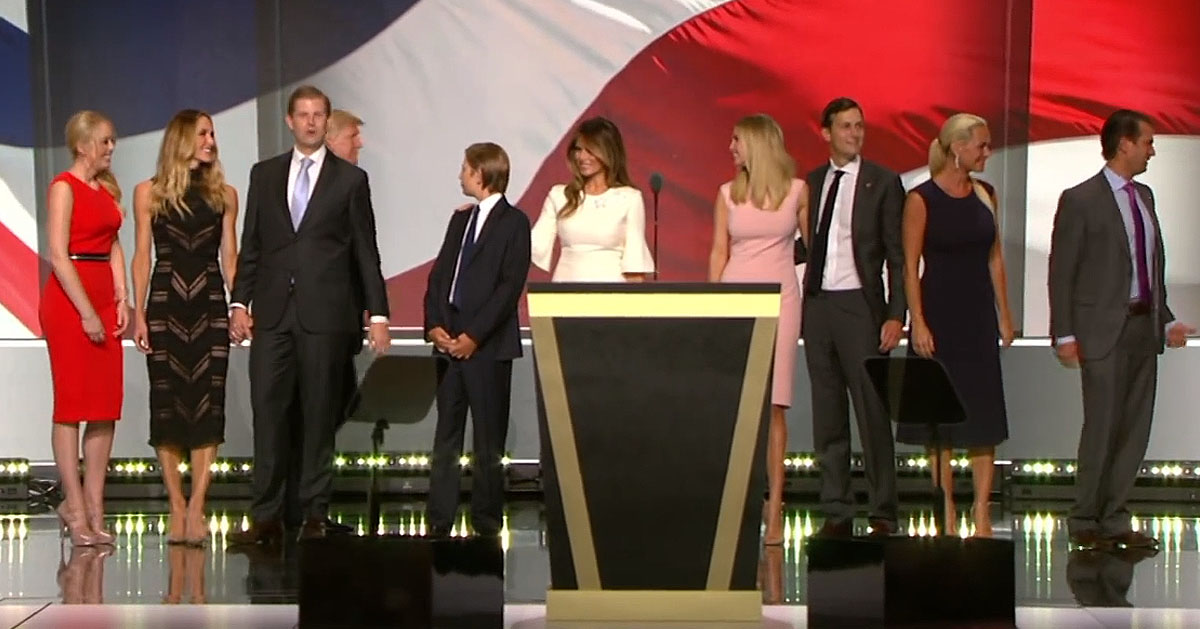House GOP reportedly reach tentative deal to increase controversial SALT deductions for federal taxes in Trump agenda bill
House Republicans are still working out the details of a major bill to enact much of President Donald Trump's policy agenda, and one significant sticking point has been the issue of state and local tax deductions, otherwise known as SALT, from federal income taxes.
Sources indicated this week that House Speaker Mike Johnson (R-LA) helped to negotiate a tentative deal that would cap SALT deductions annually at $40,000 for taxpayers earning less than $500,000, Fox News reported.
SALT deductions have long been a contentious issue for many Republicans, as they tend to only really benefit taxpayers in high-tax blue states and have little or no measurable impact on taxpayers in low-tax red states.
Agreement reached on SALT deductions
Politico was the first to report on Tuesday that a tentative SALT deal was reached between House Republicans while hammering out the final points of the so-called "big, beautiful bill" that will codify as law several substantial aspects of President Trump's policy agenda.
As noted, the deal would limit SALT deductions from federal income taxes to $40,000 per year for those making less than $500,000, though the caps on deductions and annual income would increase by 1% every year over the next decade.
This purported deal would supplant a previous arrangement worked out by the House Ways and Means Committee that would have capped SALT deductions at $30,000 for those earning less than $400,000, which was rejected as insufficient by a contingent of GOP lawmakers from high-tax states like New York, New Jersey, and California.
Either of those new SALT caps would be an improvement over the current limitation of $10,000 that was imposed by President Trump's 2017 Tax Cuts and Jobs Act. Prior to that law, there was no limit on SALT deductions.
Trump is expected to endorse the tentative deal, but it remains unclear if an agreement can be reached between the hardliners in both the pro- and anti-SALT wings of the GOP, and any lingering disagreement could threaten to derail the broader legislative effort to enshrine the president's policy agenda as law.
Johnson reveals compromise deal on SALT
Bloomberg News reported that when Speaker Johnson was asked by reporters on Wednesday about the tentative deal to increase the SALT cap from $10,000 to $40,000, he replied, "That is the agreement we came to."
"I think the SALT caucus, as they call themselves, it’s not everything they wanted, but I think they know what a huge improvement that is for their constituents, and it gives them a lot to go home and talk about," he added.
Indeed, the $40,000 and $500,000 limitations with a 1% annual increase over 10 years are a far cry from one pro-SALT proposal that would have increased the annual earnings cap to $750,000 with 2% yearly growth.
Not all Republicans are happy
Yet, while this tentative agreement to increase the SALT caps may prove sufficient to win over the support of Republican lawmakers in high-tax blue states, it risks losing GOPers from low-tax red states who stand fundamentally opposed to the deductions that only seem to benefit taxpayers in Democrat-run states, per Bloomberg.
House Freedom Caucus Chair Rep. Andy Harris (R-MD) told the media that, in his view, the House GOP is "actually further away from the deal, because that SALT cap increase, I think, upset a lot of conservatives again."
Bloomberg noted that a final version of the broader legislation is expected to be produced on Wednesday by the House Rules Committee ahead of a planned vote on the House floor on Thursday or Friday, after which it will be forwarded to the Senate if it passes, where the future of the SALT deduction proposal and other potentially controversial aspects of the bill will be further debated.






